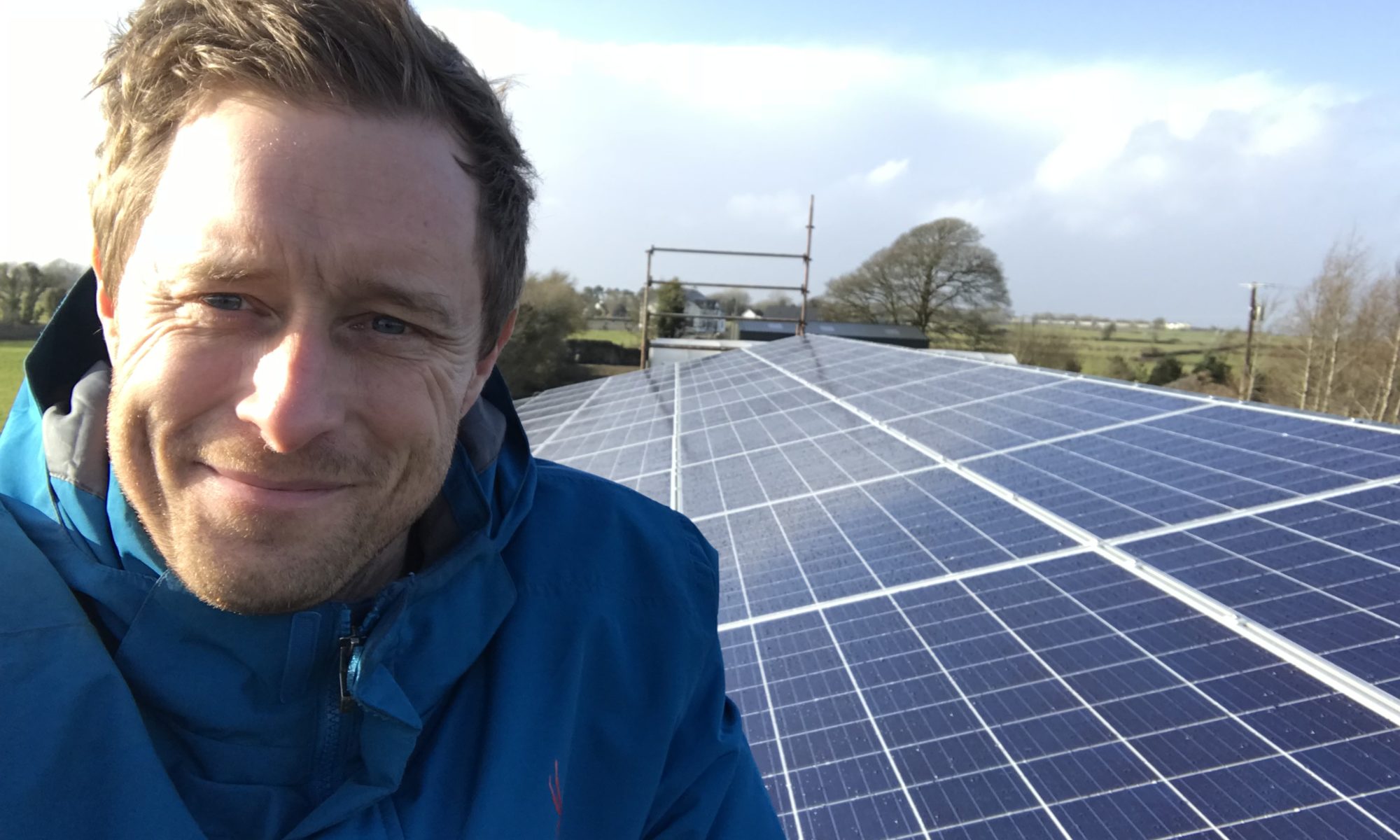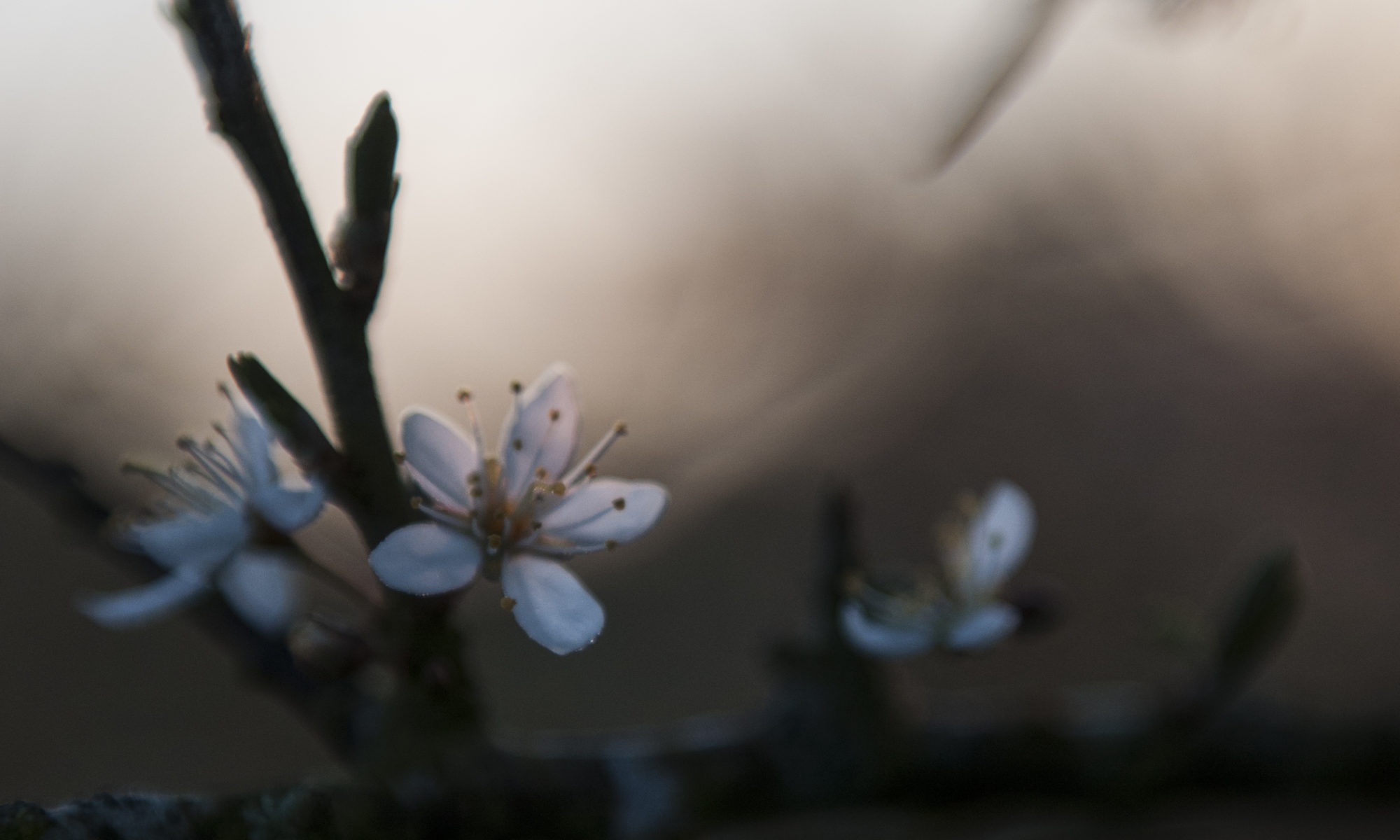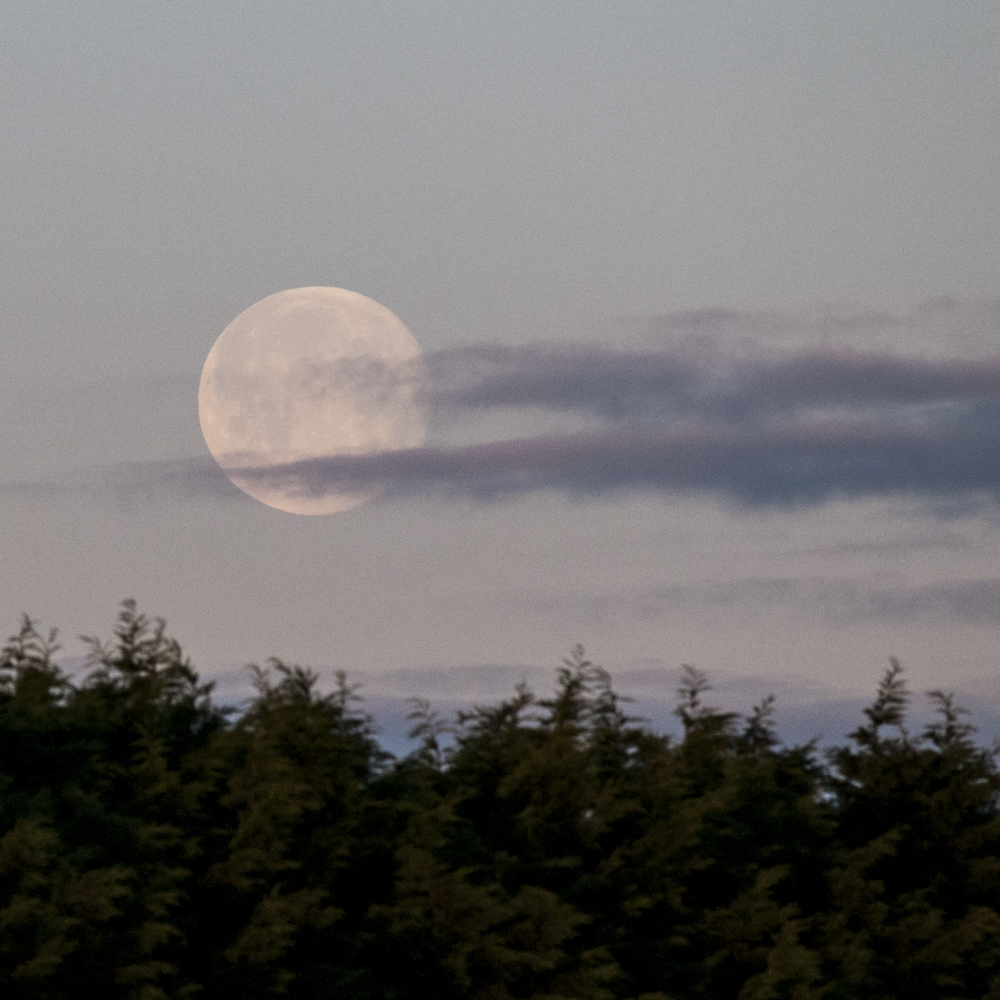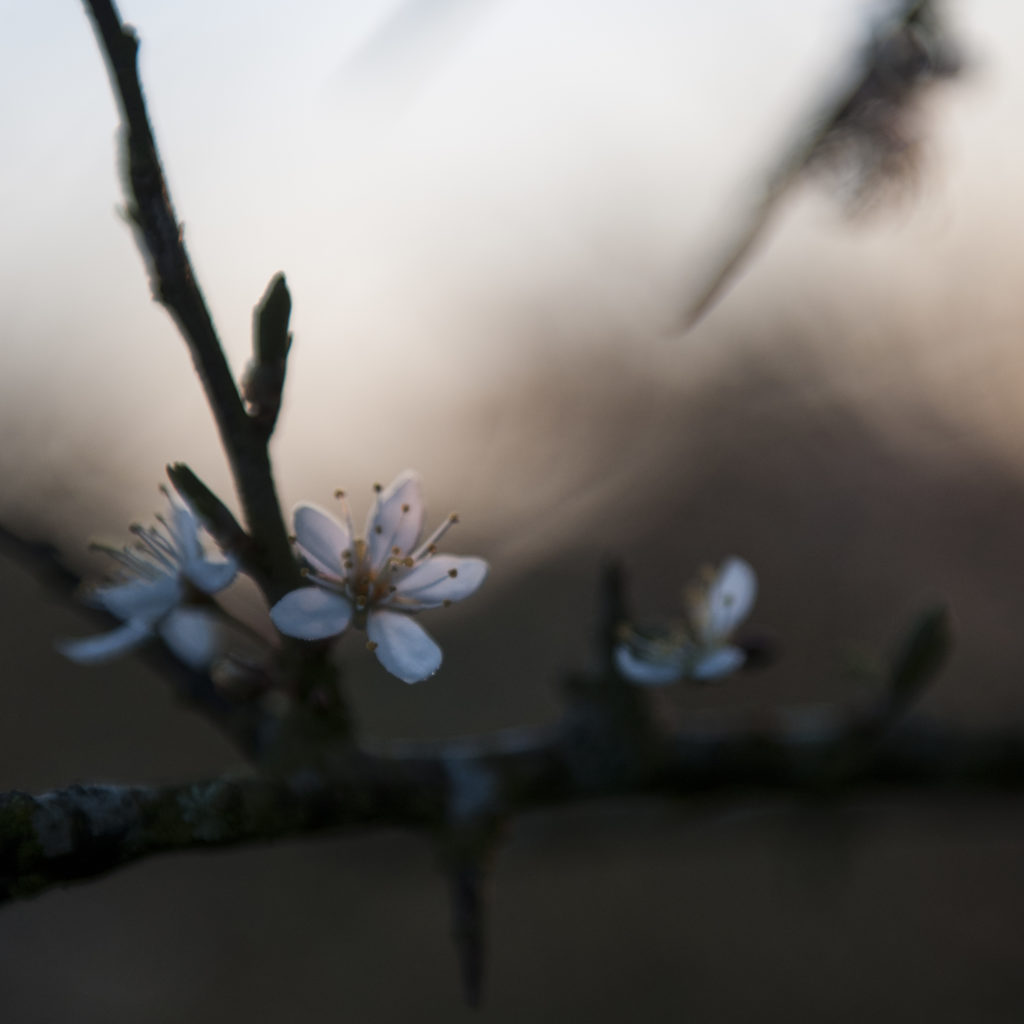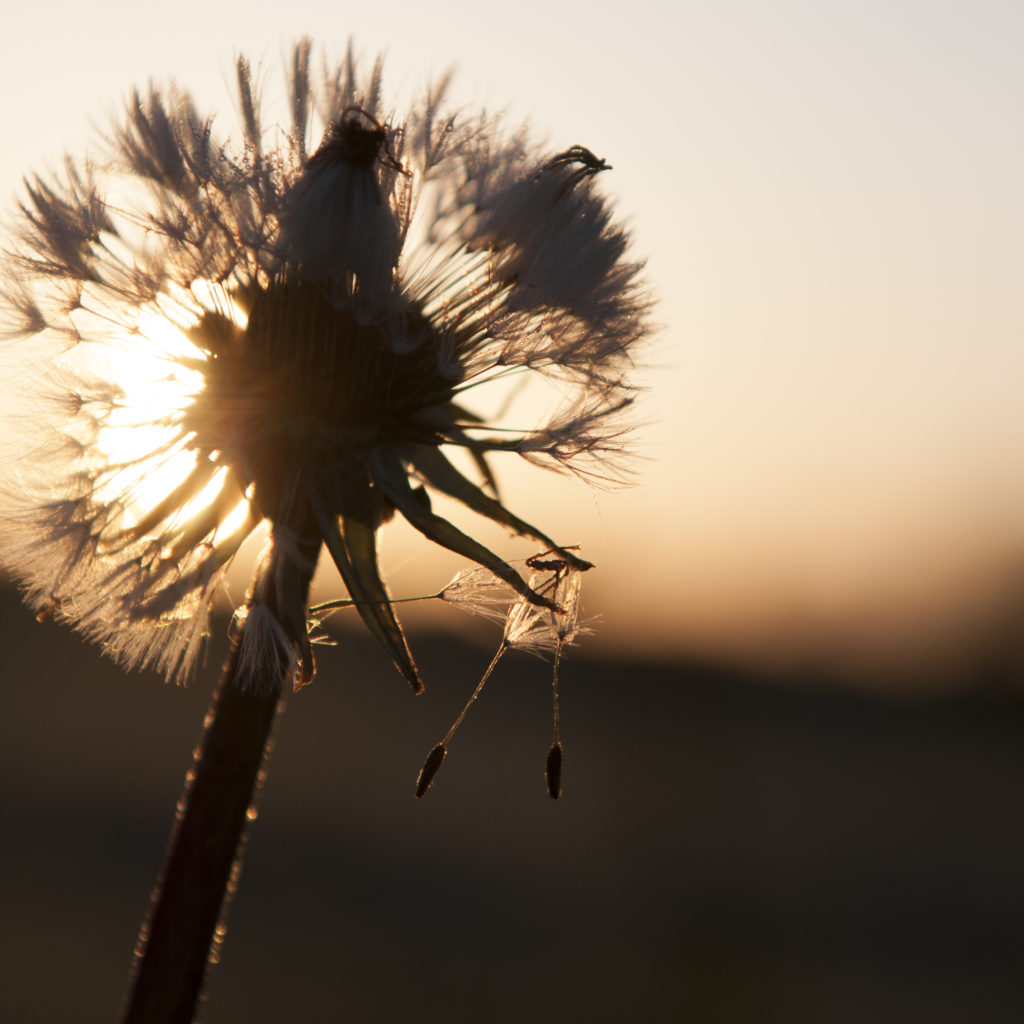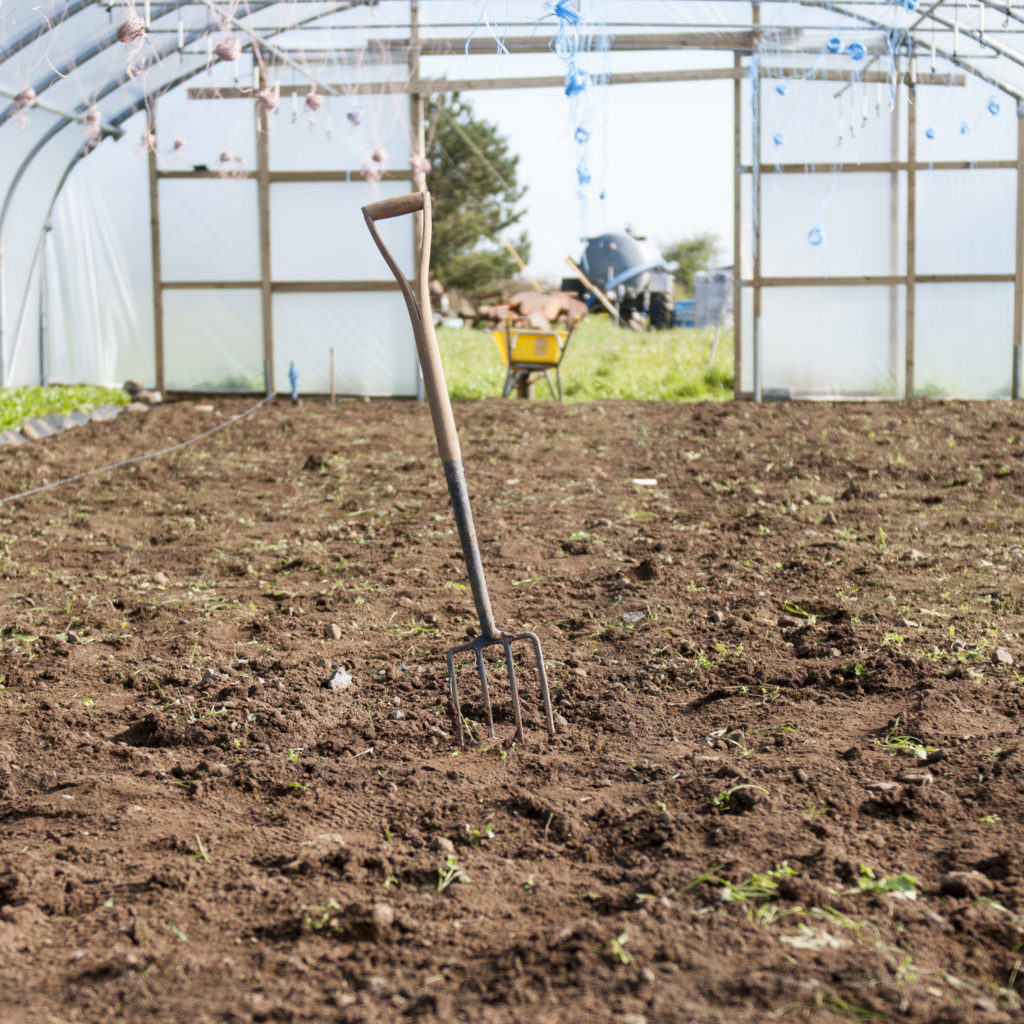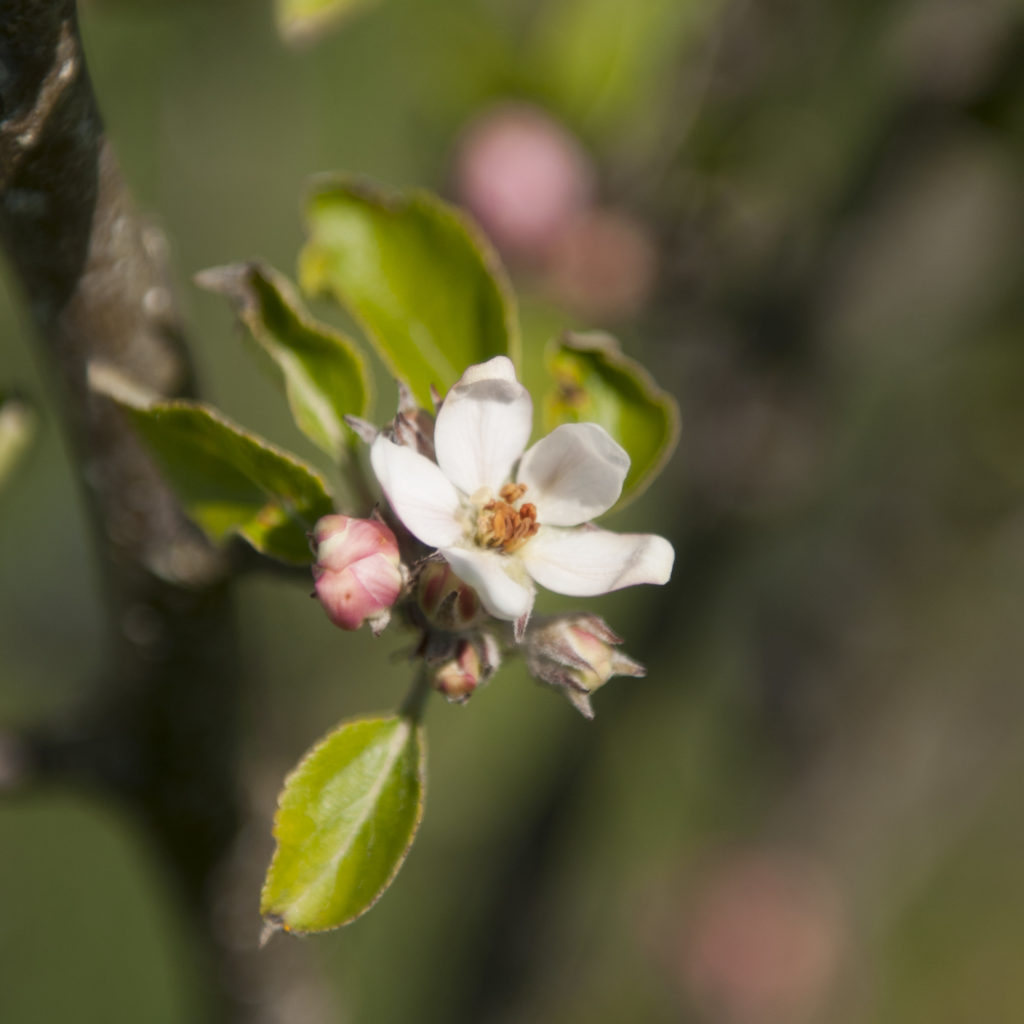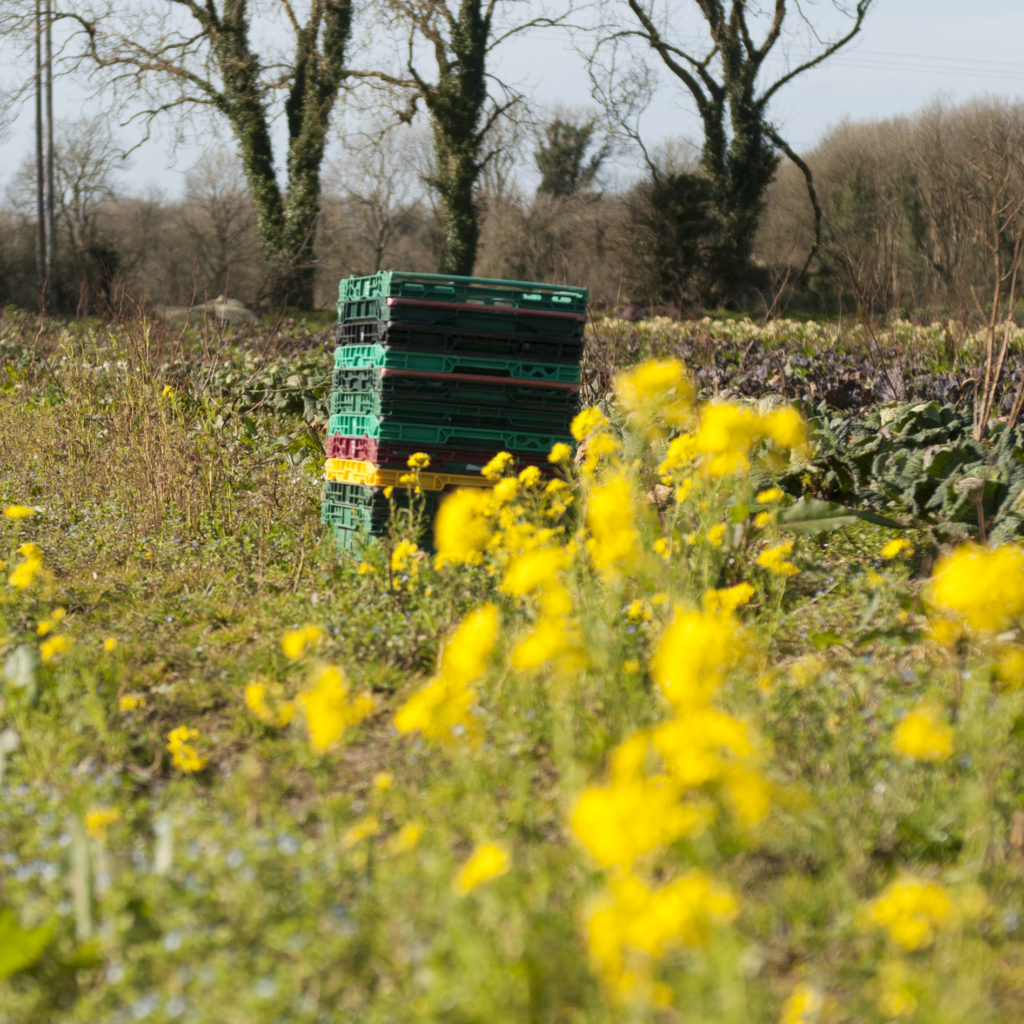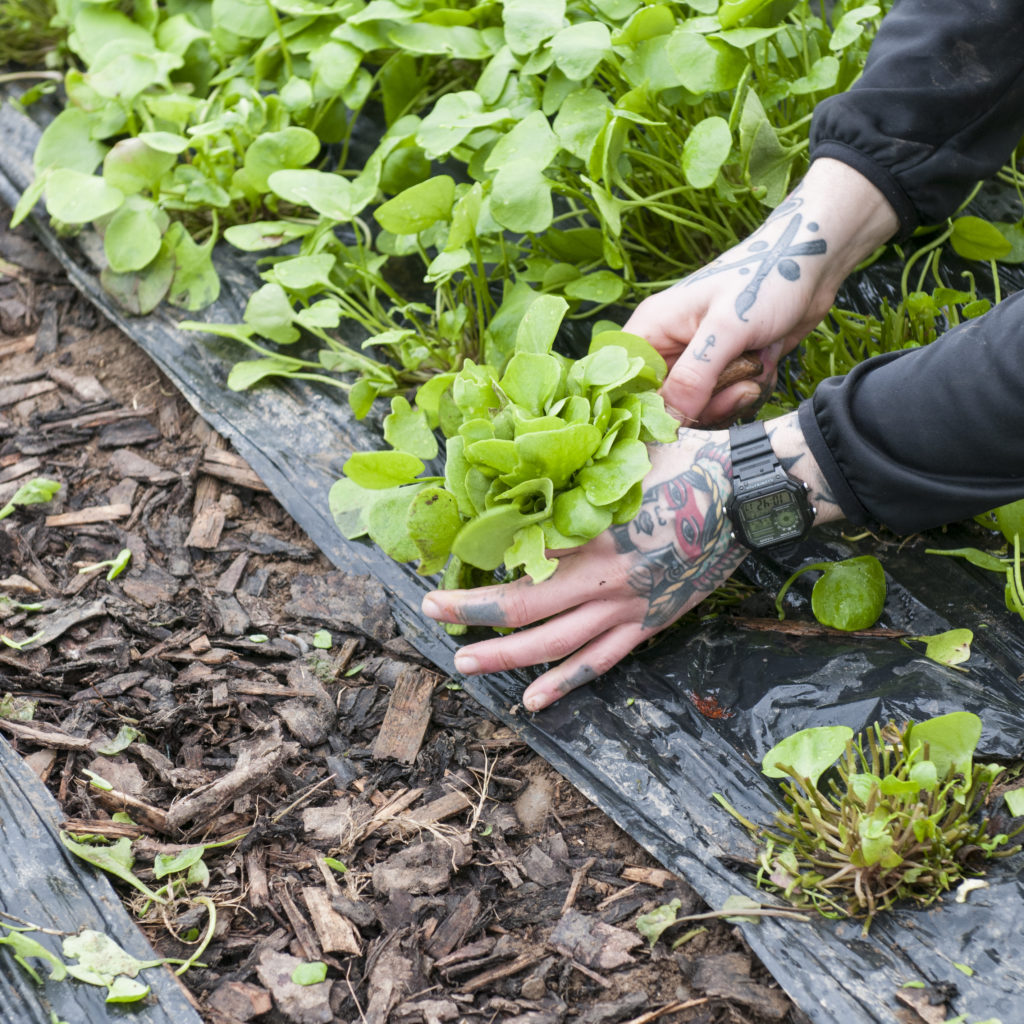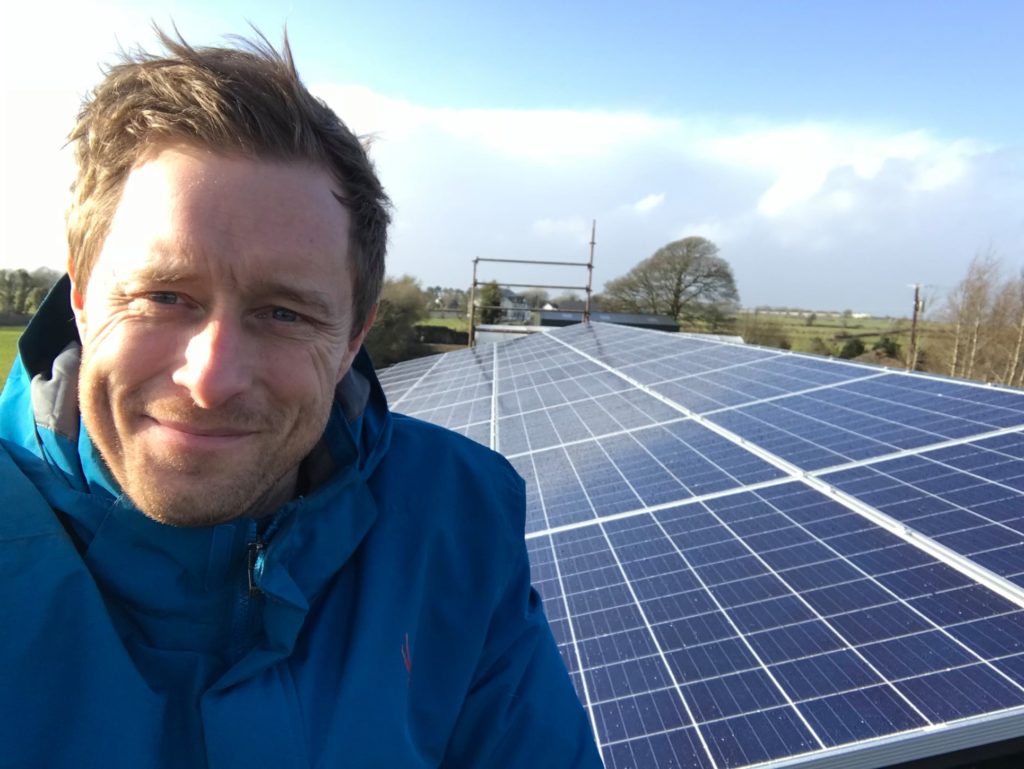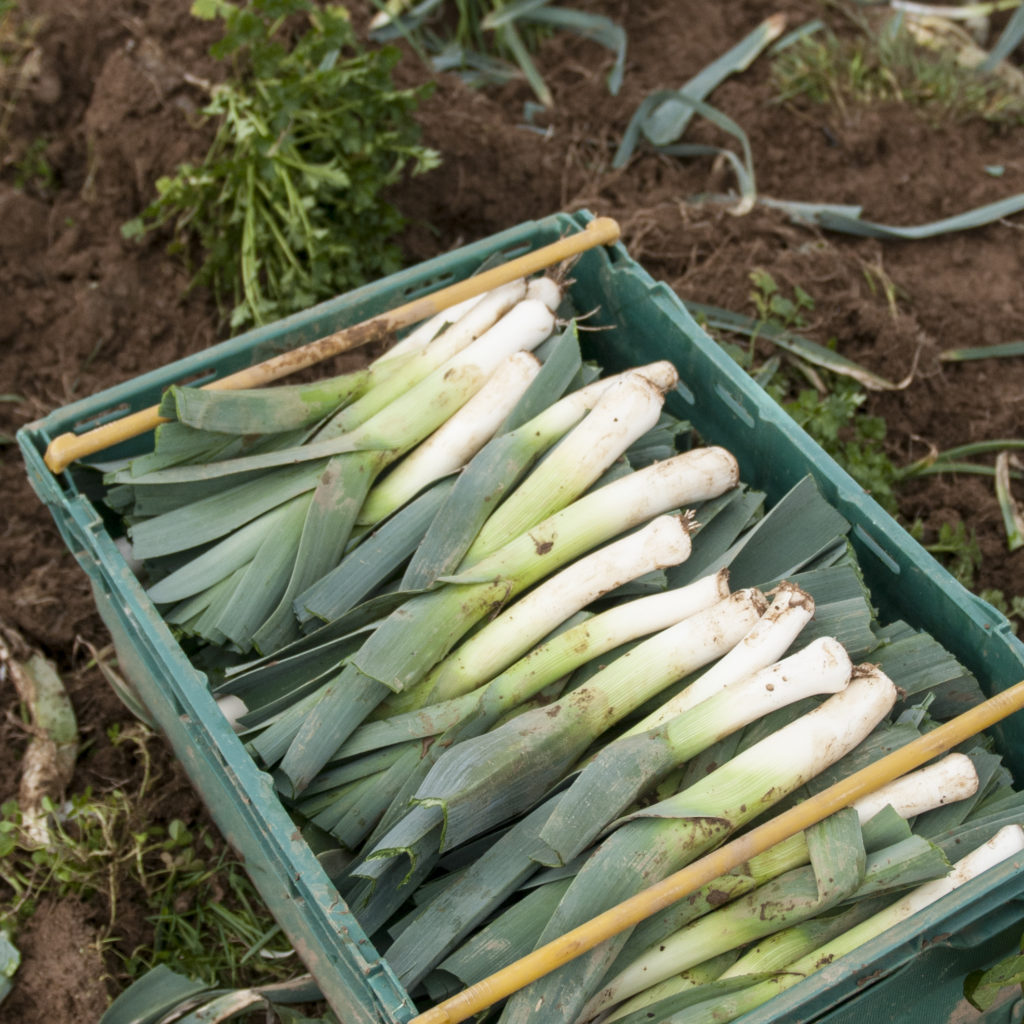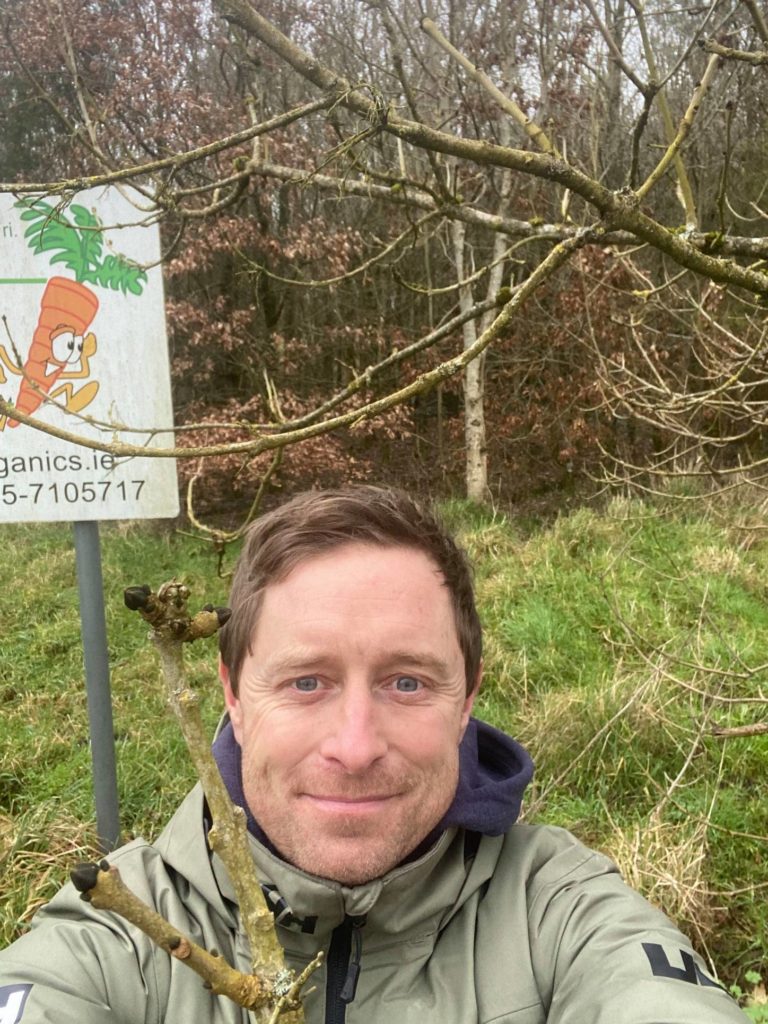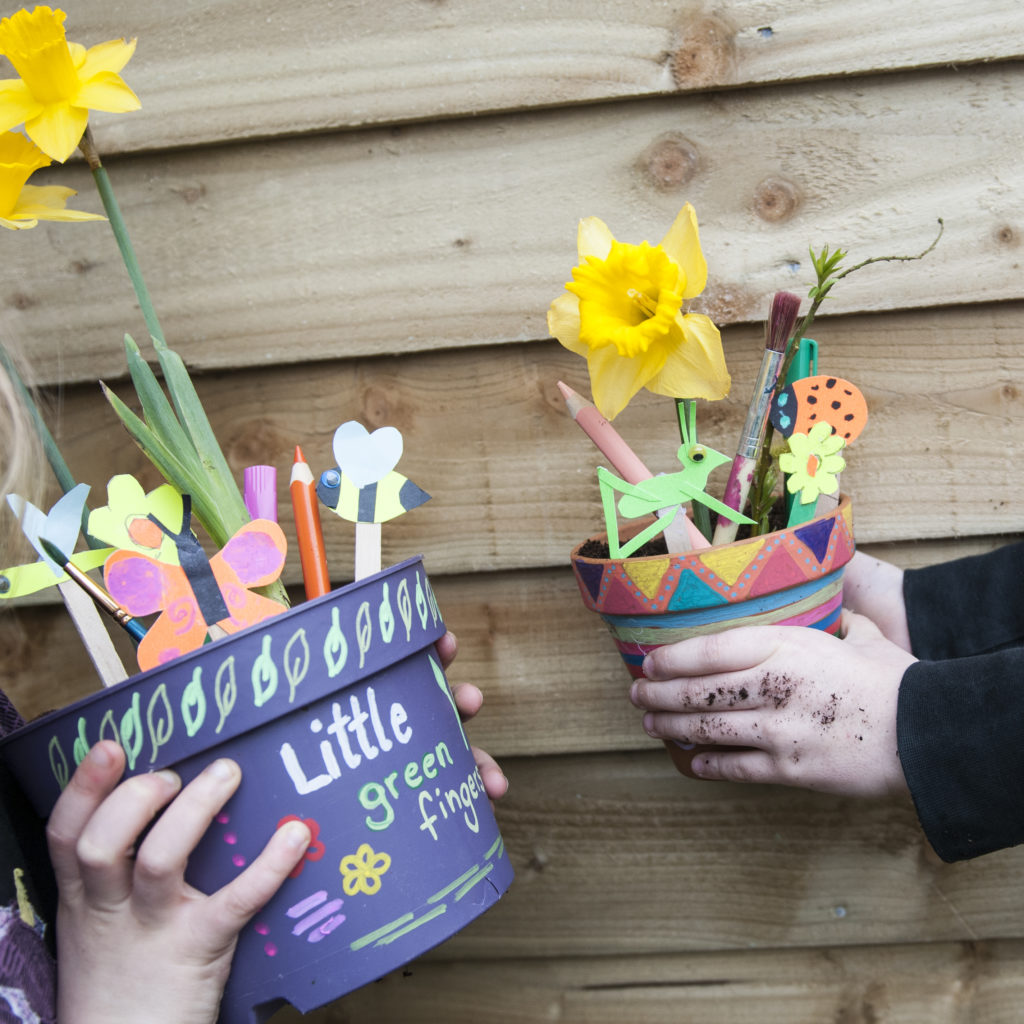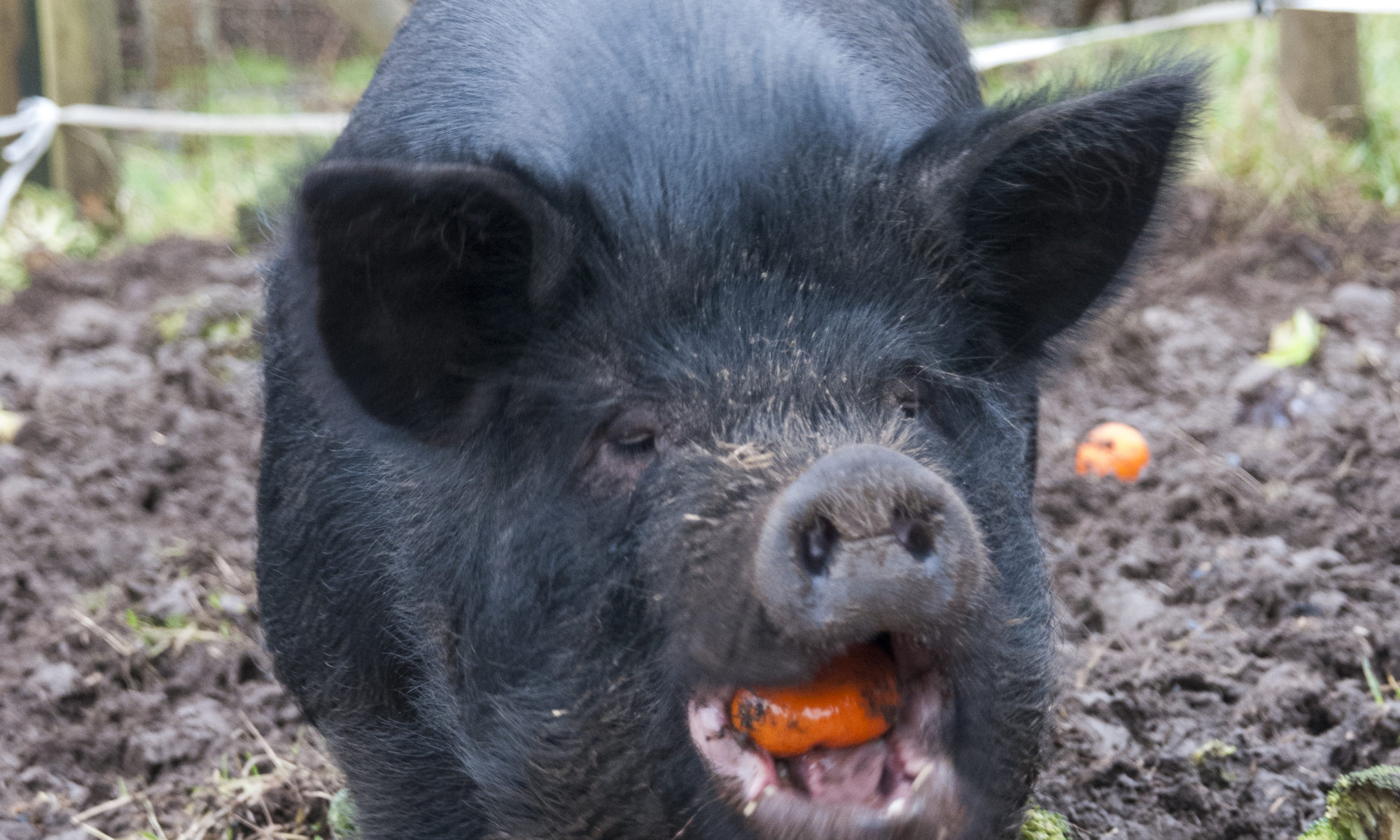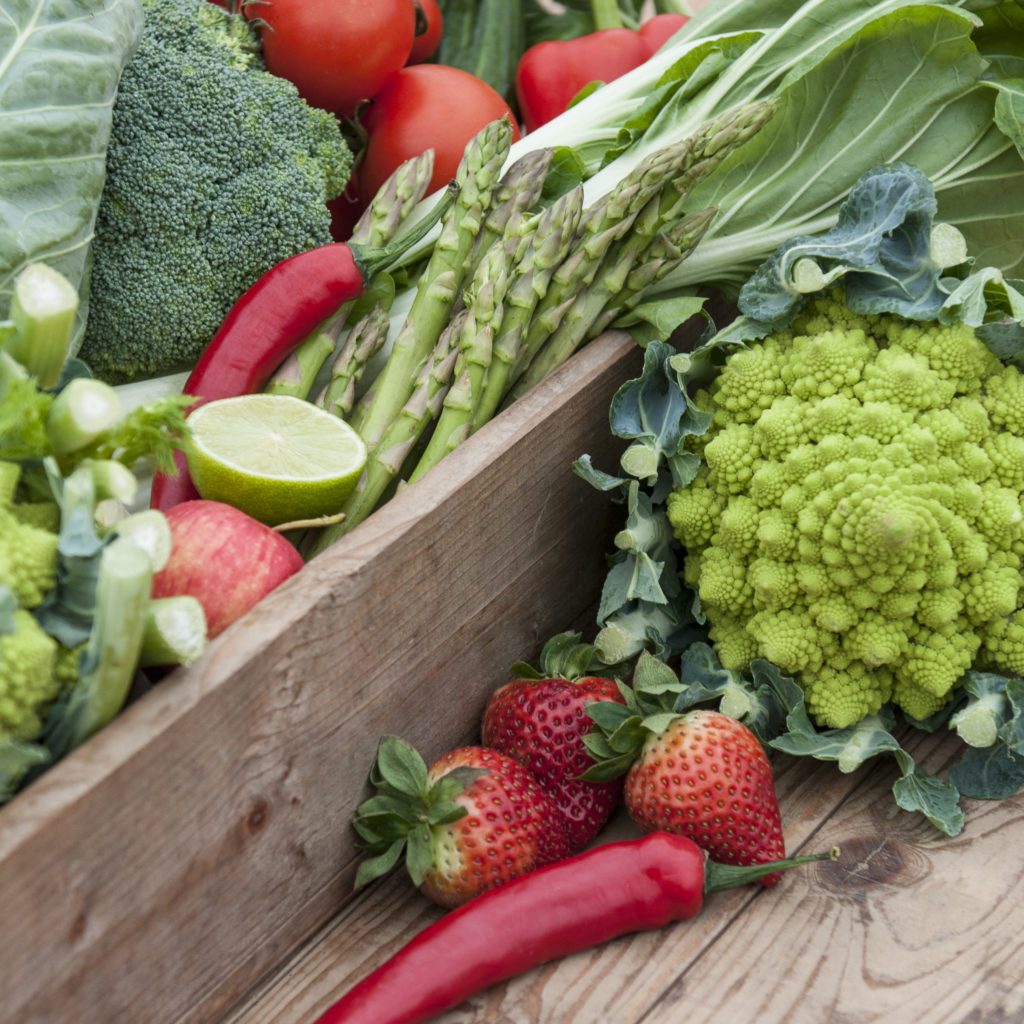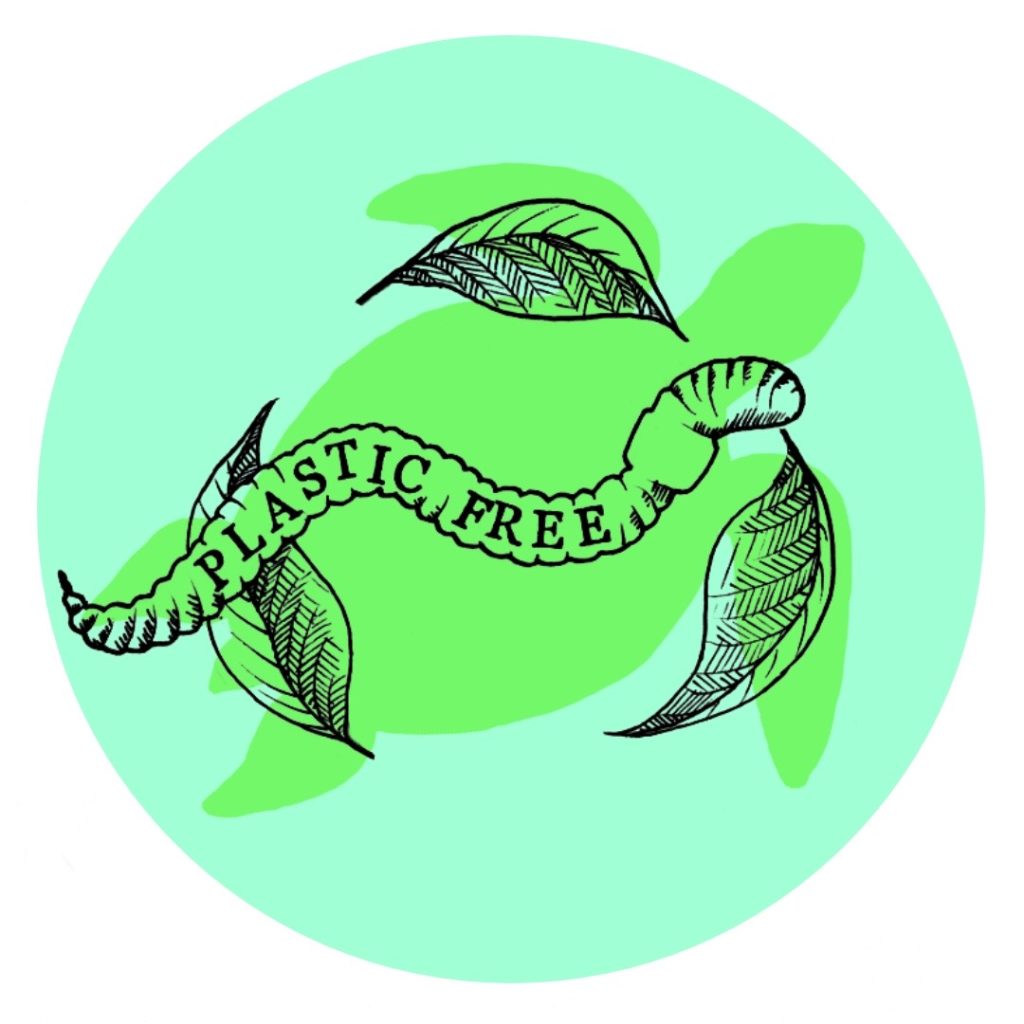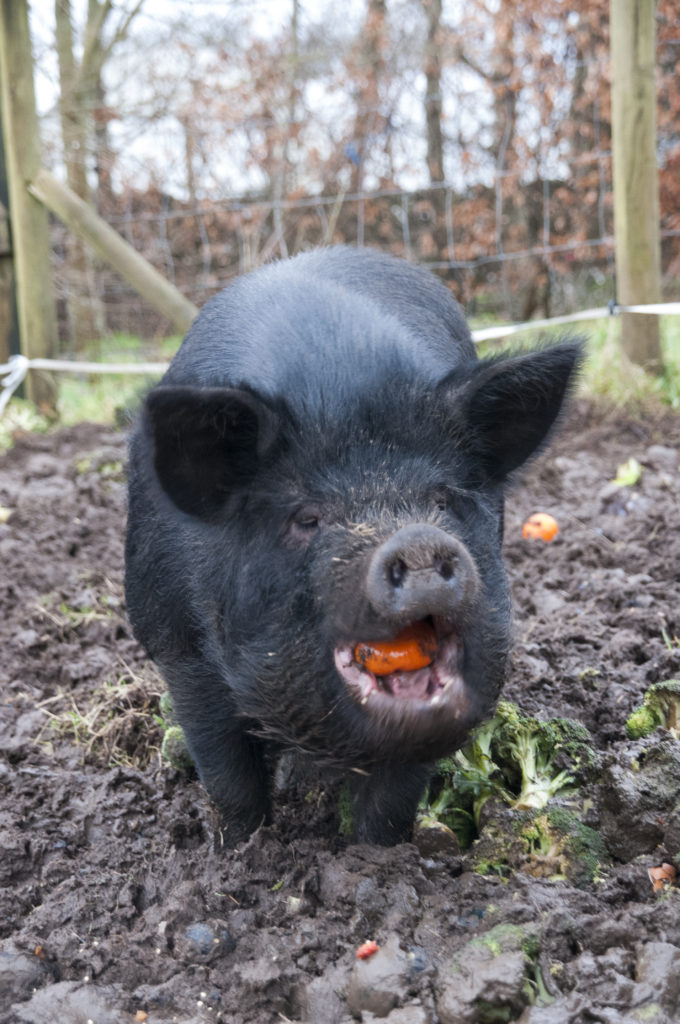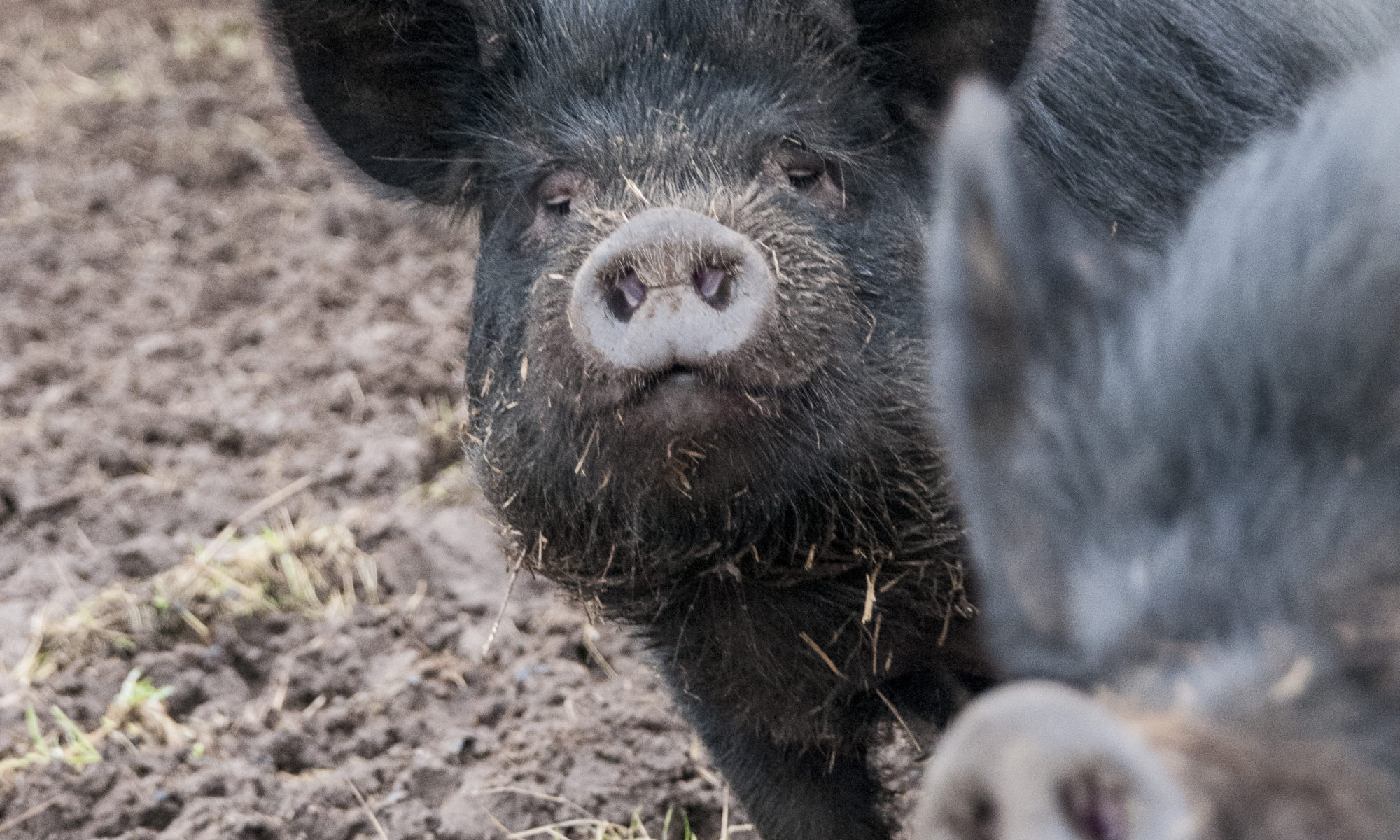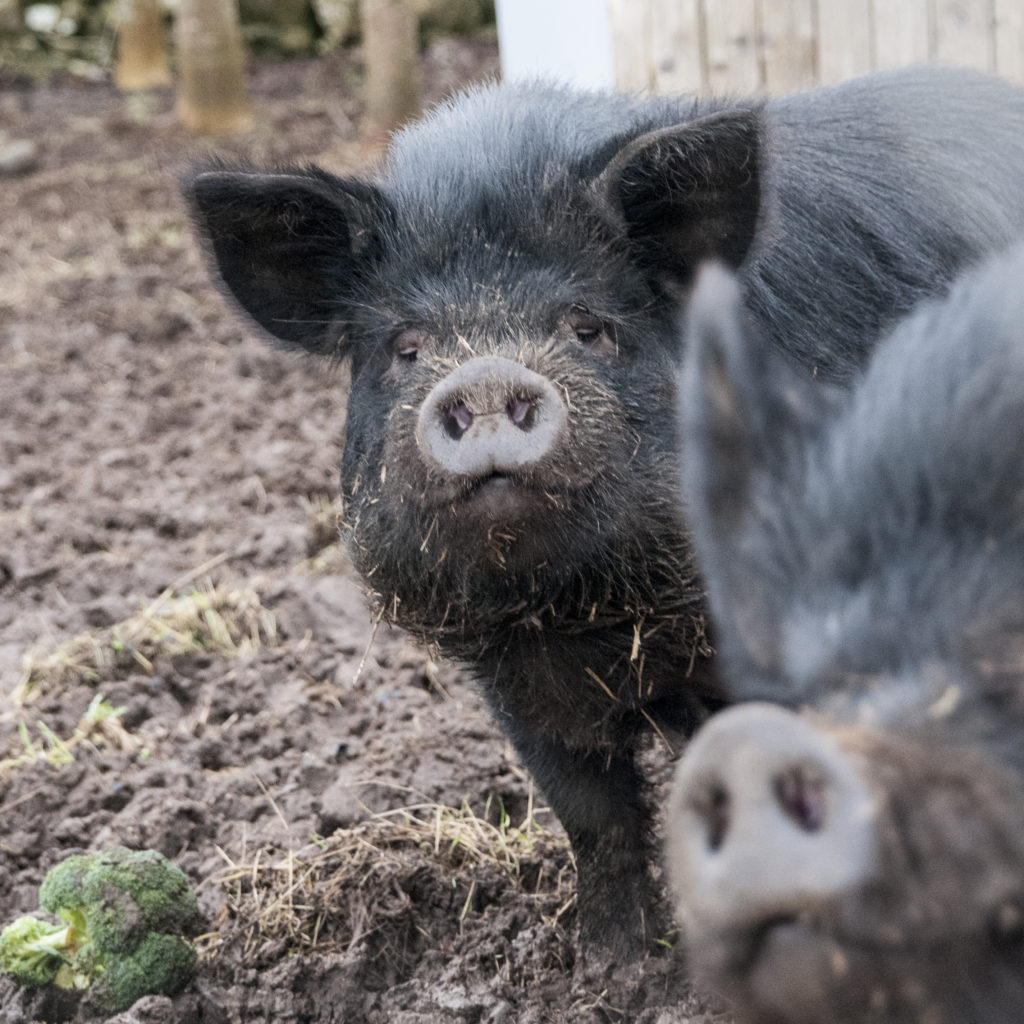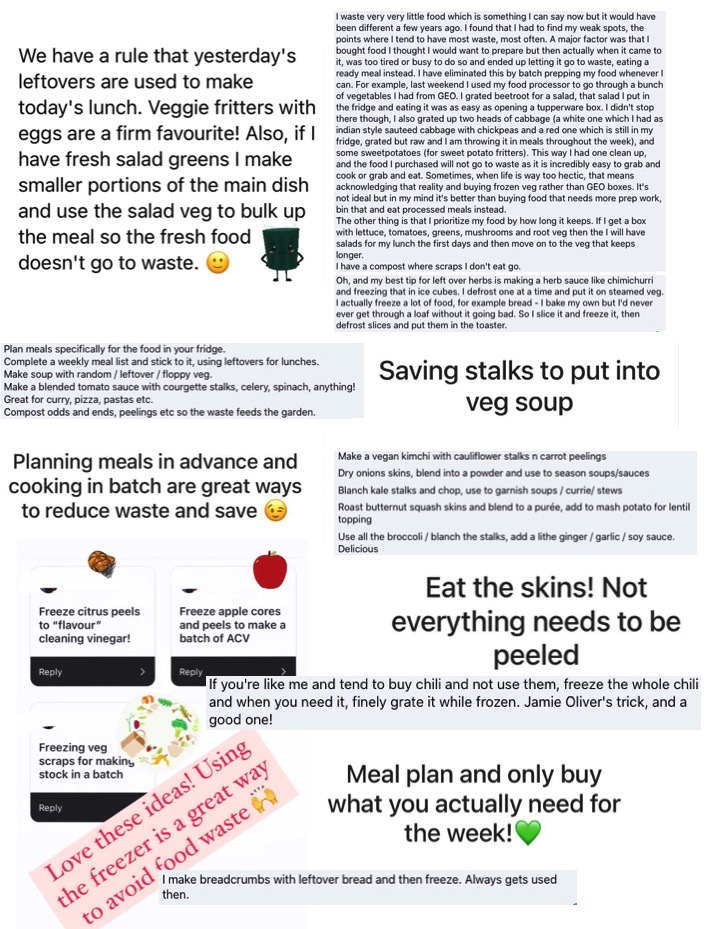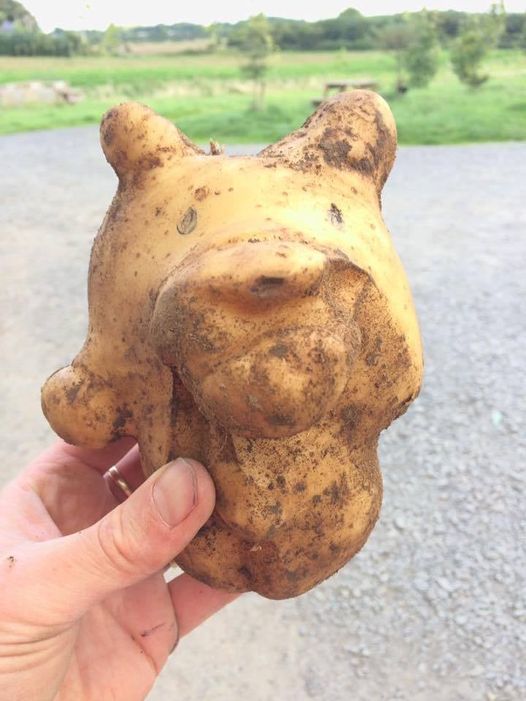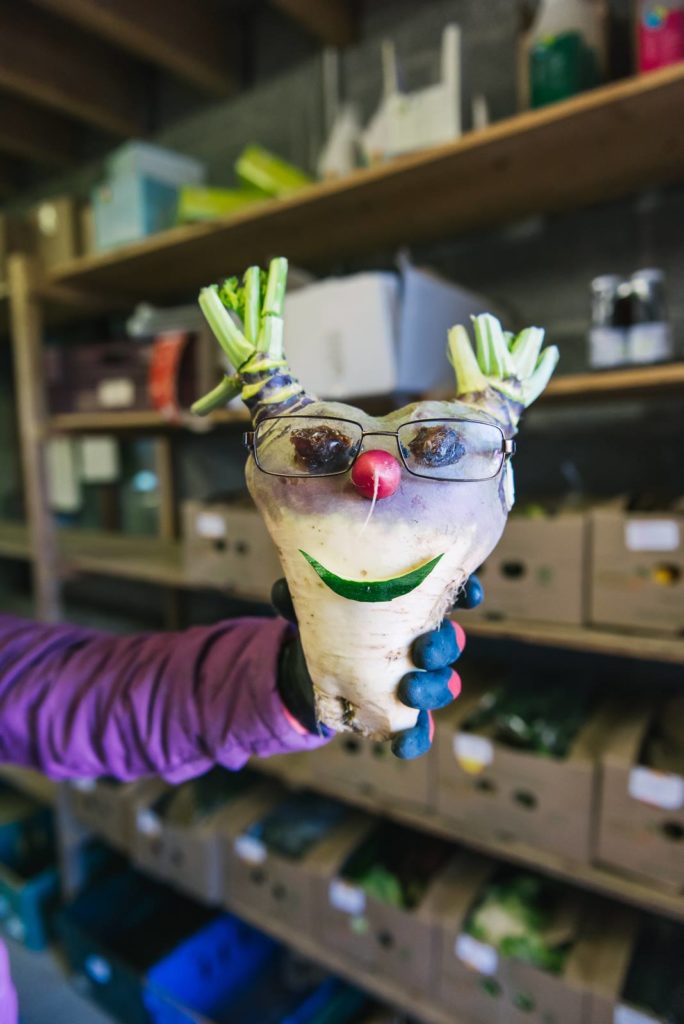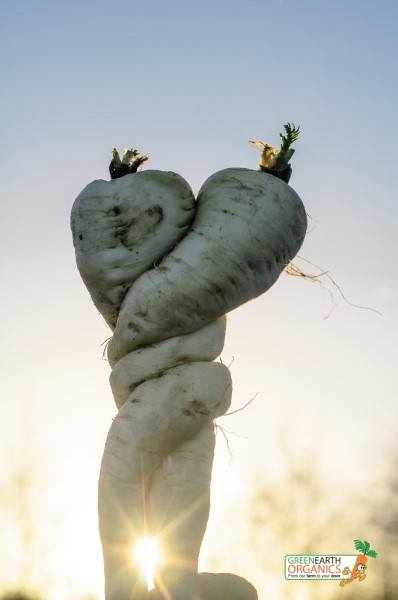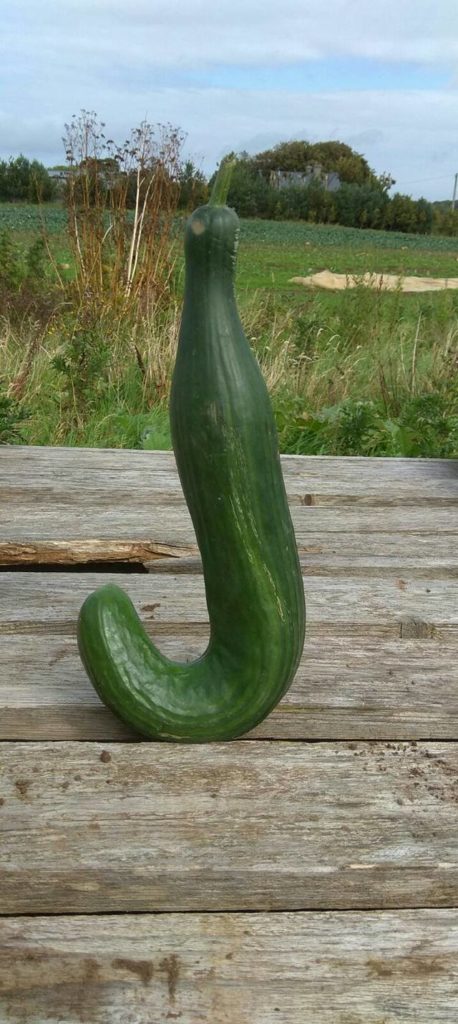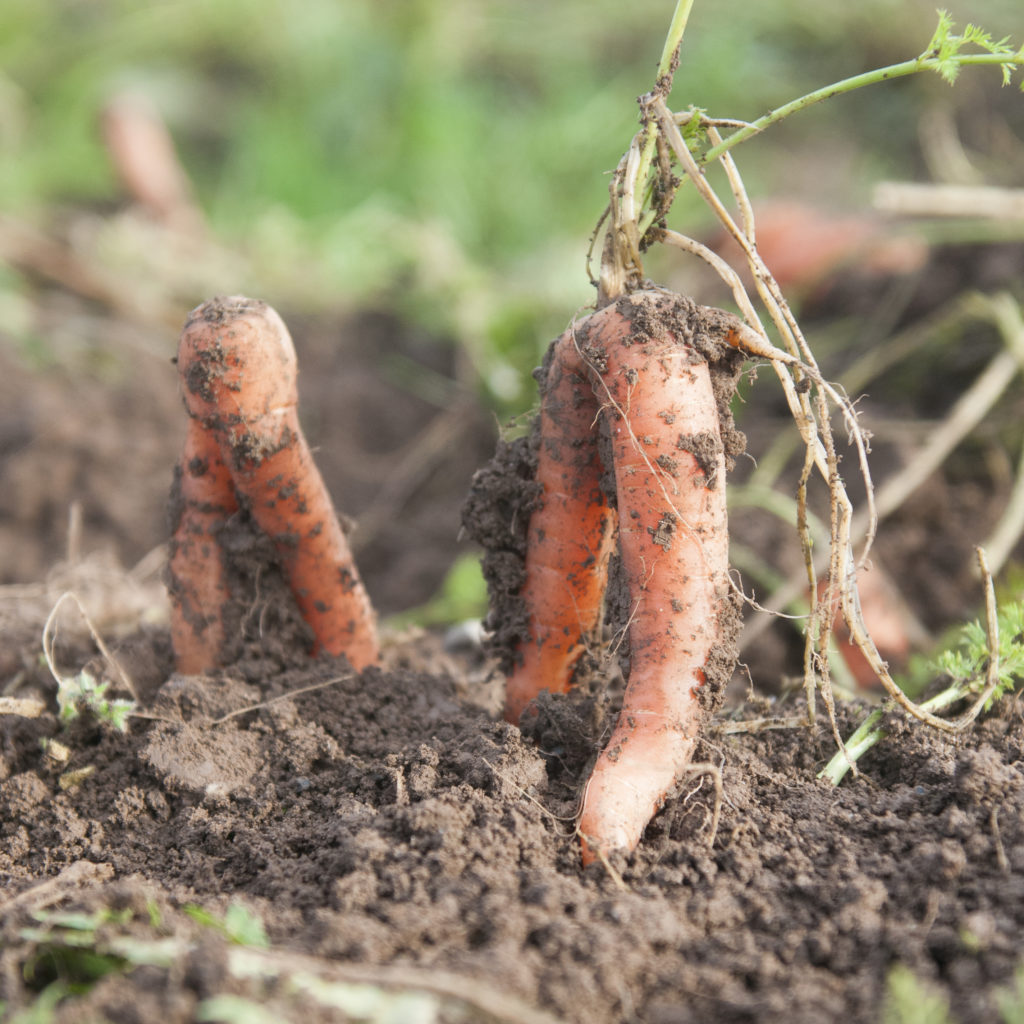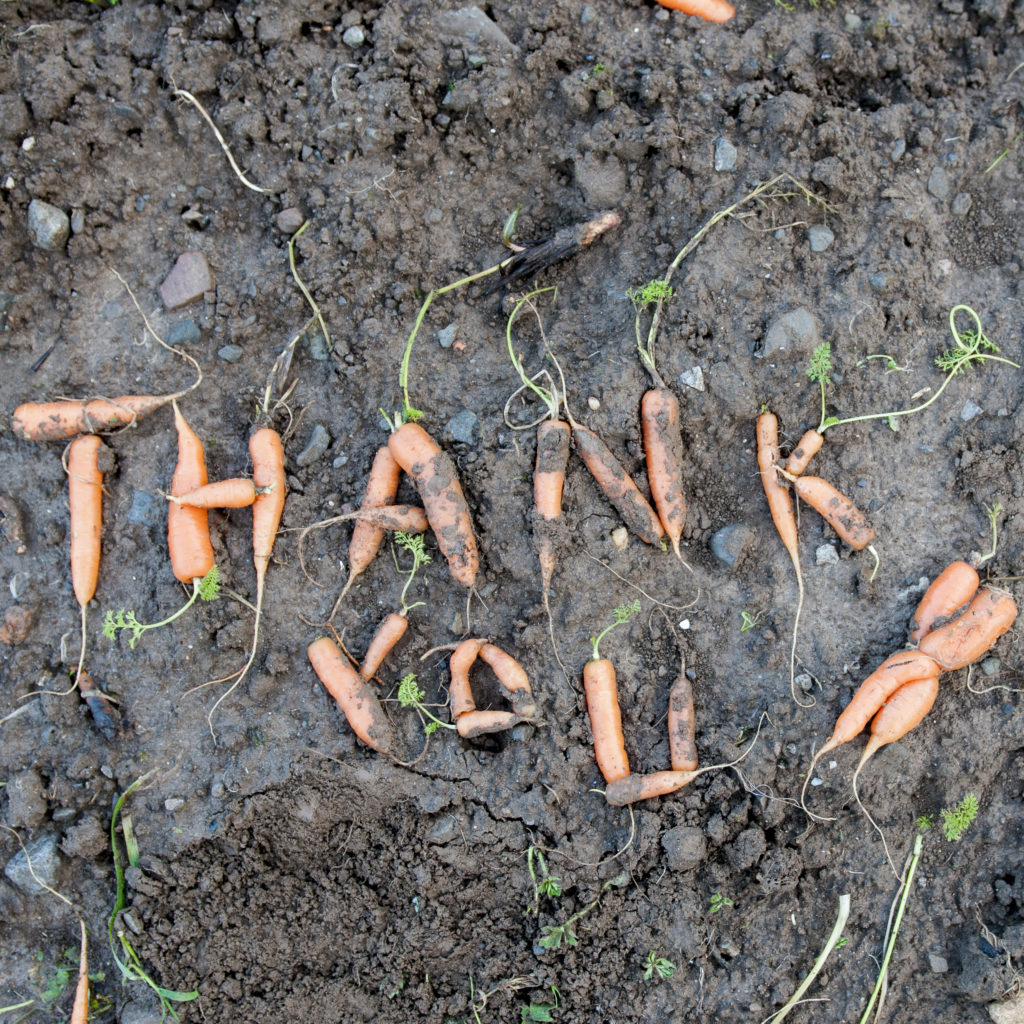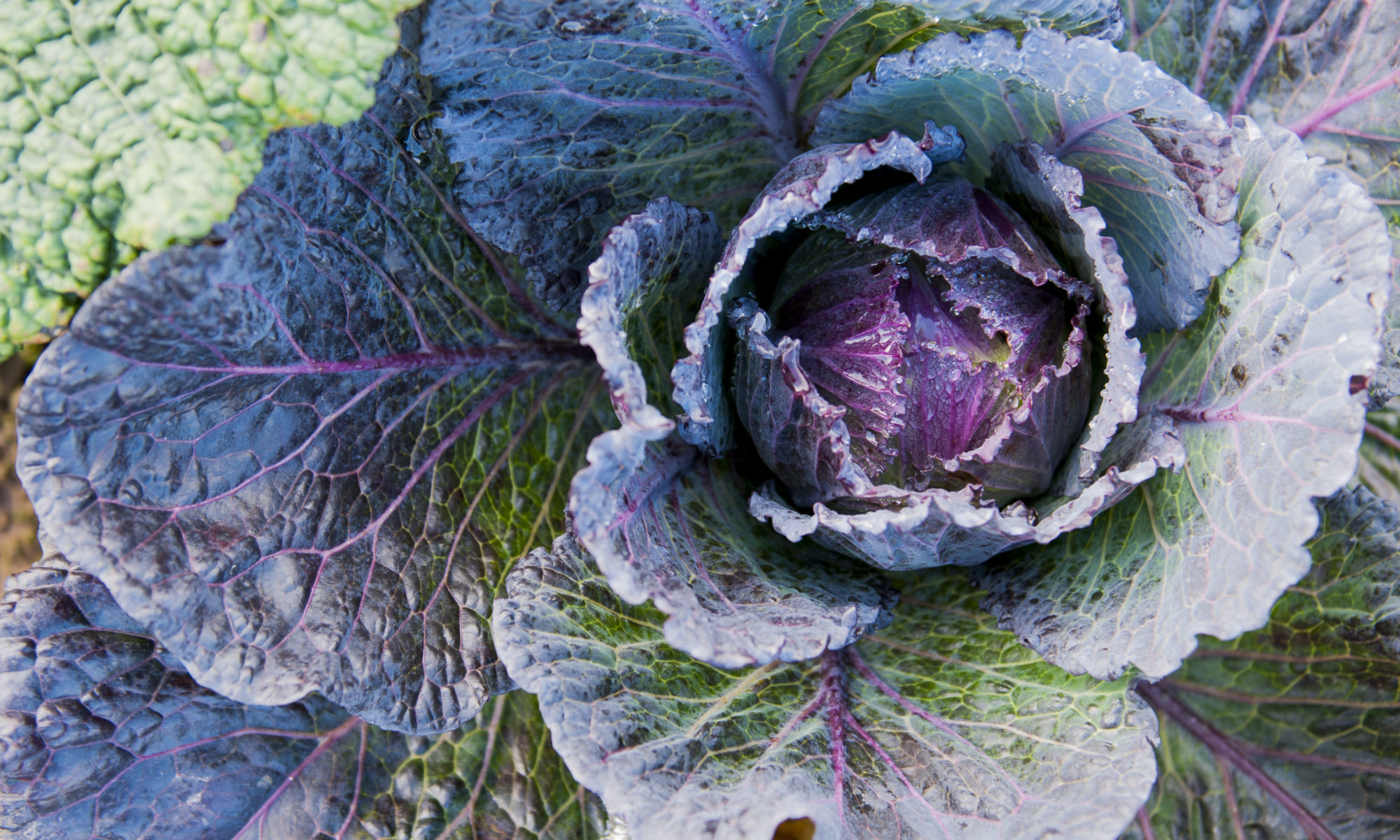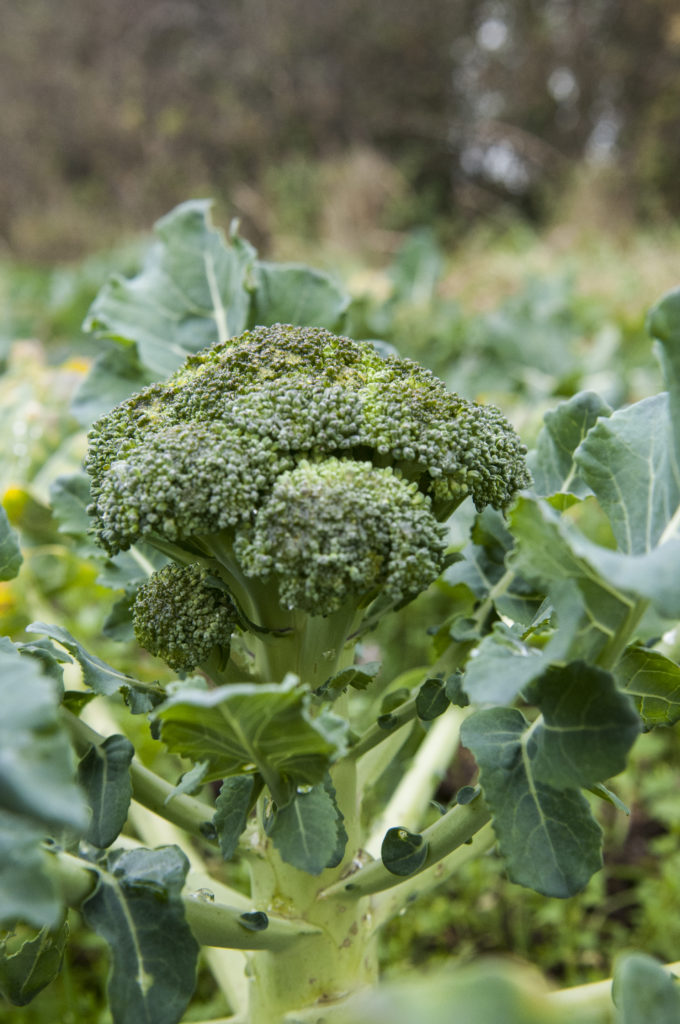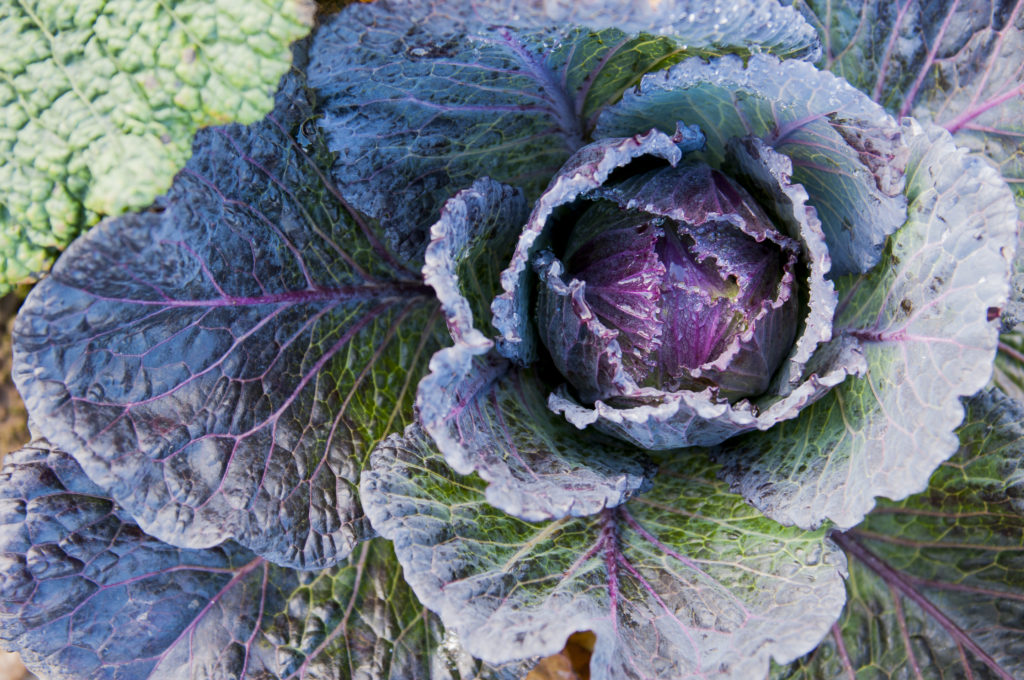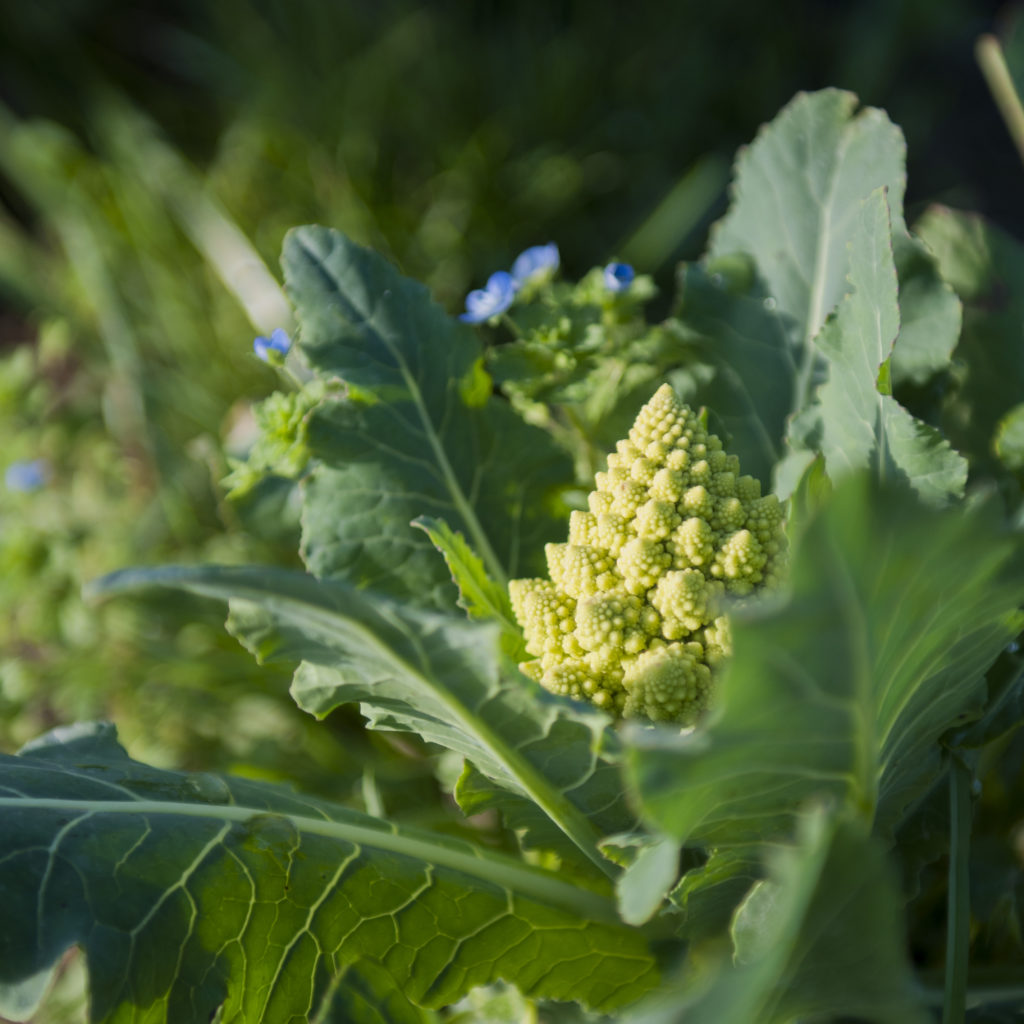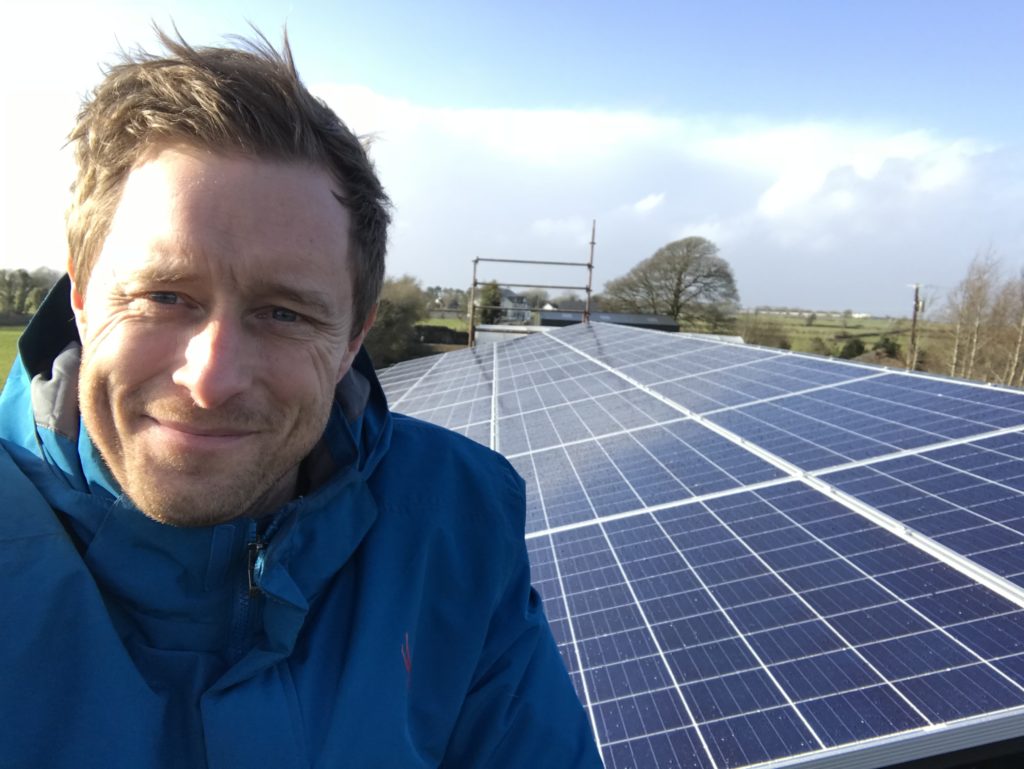
Carbon neutral diesel, I came across this last week while filling up our car, I didn’t know there was such a thing.
We have a diesel car and for now we need diesel so I opted for the ‘carbon neutral’ option.
3 things struck me.
1. Initially the idea of offsetting carbon emissions by a multi billion dollar company that makes its money from selling hydrocarbons struck me as false and green washing.
2. At the same time, if there is a way to help reduce the damage being done by burning oil then we absolutely need to have that option right now, but this should not give the oil companies an ‘get out of jail card free’.
3. It was more expensive, did I think twice about paying the extra? No, but that is one of my core principles and by extension one of the cornerstones of our business.
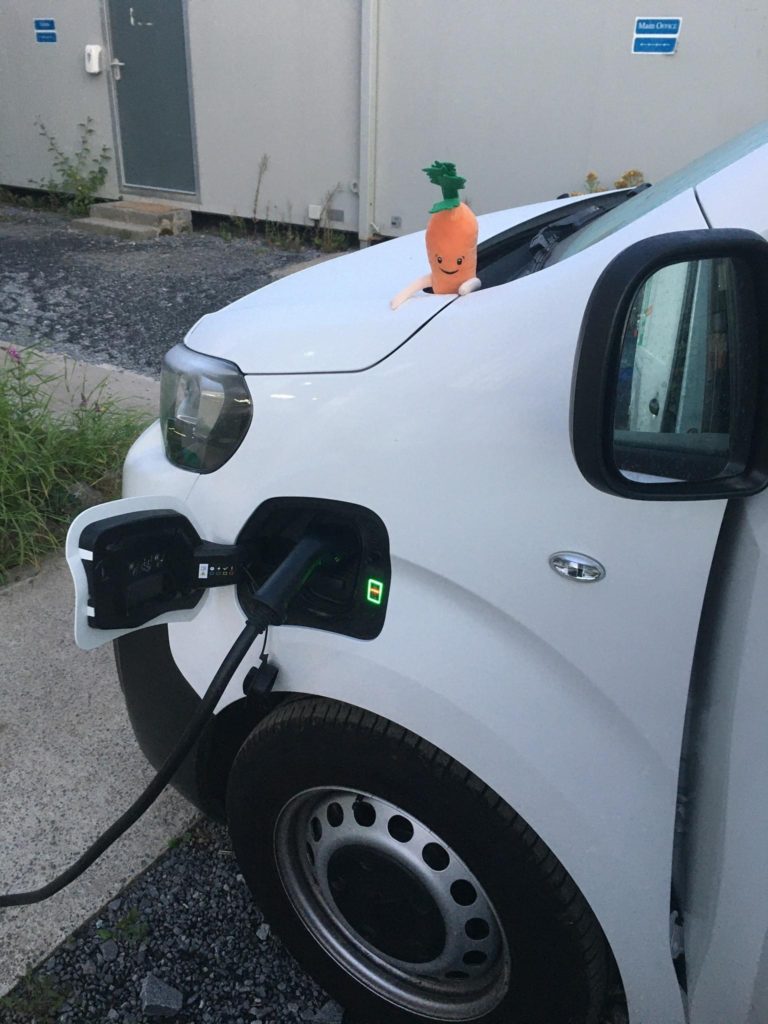
As we are lucky and privileged to live in the first world are we not obligated to pay our share of the damage done to the climate inherent in our lifestyle? Can we afford not to?
Yes of course big business has a long way to go and needs to take action now. We all know we need to stop burning hydrocarbons but that will take a little time. But if these companies know that consumer behaviour is changing it will drive them in a greener direction faster and that is a good thing.
Right now we are using our first electric delivery vehicle for all our deliveries to Limerick and Clare and it is working tremendously well, our plan is to make all our delivery vehicles electric by 2025.
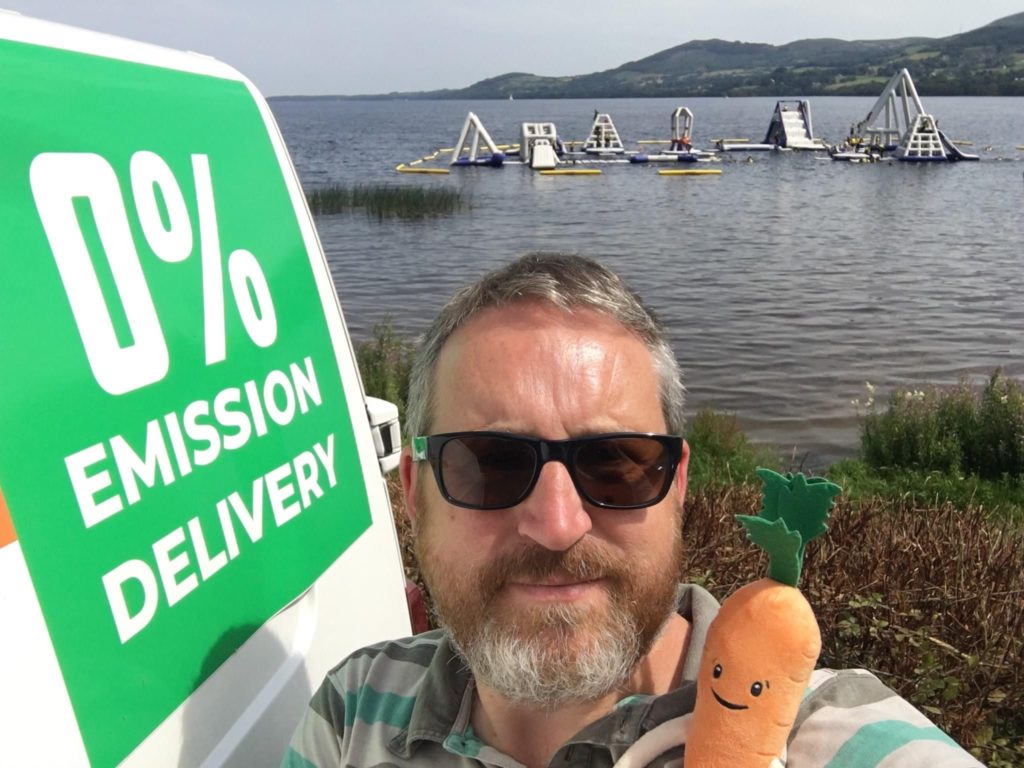
Growing and selling sustainable food is our business and it is an expensive business to be in and to do it right.
We have always been at the forefront of sustainable change and we are taking the next step in that journey by being one of the first food delivery businesses in Ireland making deliveries in electric vans.
I am excited to think that by 2025 all our deliveries will be in 100% electric, zero emission vehicles. The ones in Galway will be powered from the solar panels on our packing shed.
Here’s to a greener delivery system.
Kenneth


